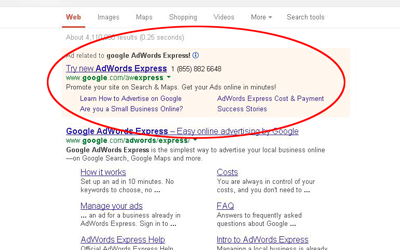 During the recent Self Storage Association Executive Ski Workshop, self-storage industry professionals provided updates about the ongoing uptick in development within the industry. After a devastating recession and long recovery period, the economy is improving, occupancy levels are on the rise, and a sense of optimism has returned to the self-storage industry. As a result, we are seeing increases in new facility development, expansions of existing properties, and conversions of existing non-storage properties into self-storage facilities.
During the recent Self Storage Association Executive Ski Workshop, self-storage industry professionals provided updates about the ongoing uptick in development within the industry. After a devastating recession and long recovery period, the economy is improving, occupancy levels are on the rise, and a sense of optimism has returned to the self-storage industry. As a result, we are seeing increases in new facility development, expansions of existing properties, and conversions of existing non-storage properties into self-storage facilities.
This renewed focus on construction and development, however, brings with it the risks associated with contracts. It is important to pay particular attention to indemnity and hold-harmless clauses included in contracts. These clauses are examples of risk transfer, a risk management strategy that involves shifting a risk from one party to another. When accomplished effectively, risk transfer allocates risk equitably among the contract parties with the result that liability rests with the party that has the most control over the potential sources of liability.
Indemnity and Hold Harmless Clauses
An indemnity clause is a provision in a contract under which one party commits to compensate the other for any harm, liability, or loss arising out of the contract. Language detailing how the compensation is to be calculated is usually included in the contract. A hold-harmless clause is a provision in a contract under which one party agrees not to hold the other party responsible for any loss, damage, or legal liability.
Facility owners should carefully examine every contract for every project. Never assume that contracts being executed for a new project will have the same wording as those executed for a previous job in regard to risk transfer. The details make all the difference.
Talk to Your Attorney and Insurance Agent
It is always advisable to seek the advice of your attorney and insurance agent when reviewing contracts, particularly those that include indemnity and hold-harmless protections. An attorney can alert the business owner to any unintentional transfer of liability. An insurance agent plays an important role by identifying potential exposures created by the contract and recommending appropriate insurance coverage to mitigate potential out-of-pocket costs that may result. An insurance agent also can identify insurance coverages that are mandated by the contract and ensure that the business owner’s policy includes such coverages.
Awareness is crucial when reviewing contract language. Avoid the potentially costly mistake of assuming that the contracts for a current project mirror those for previous contracts. Self-storage business owners are advised to review contracts in detail with their legal counsel and insurance agents to avoid unexpected and undesirable exposures.
Mike Schofield
President and CEO




